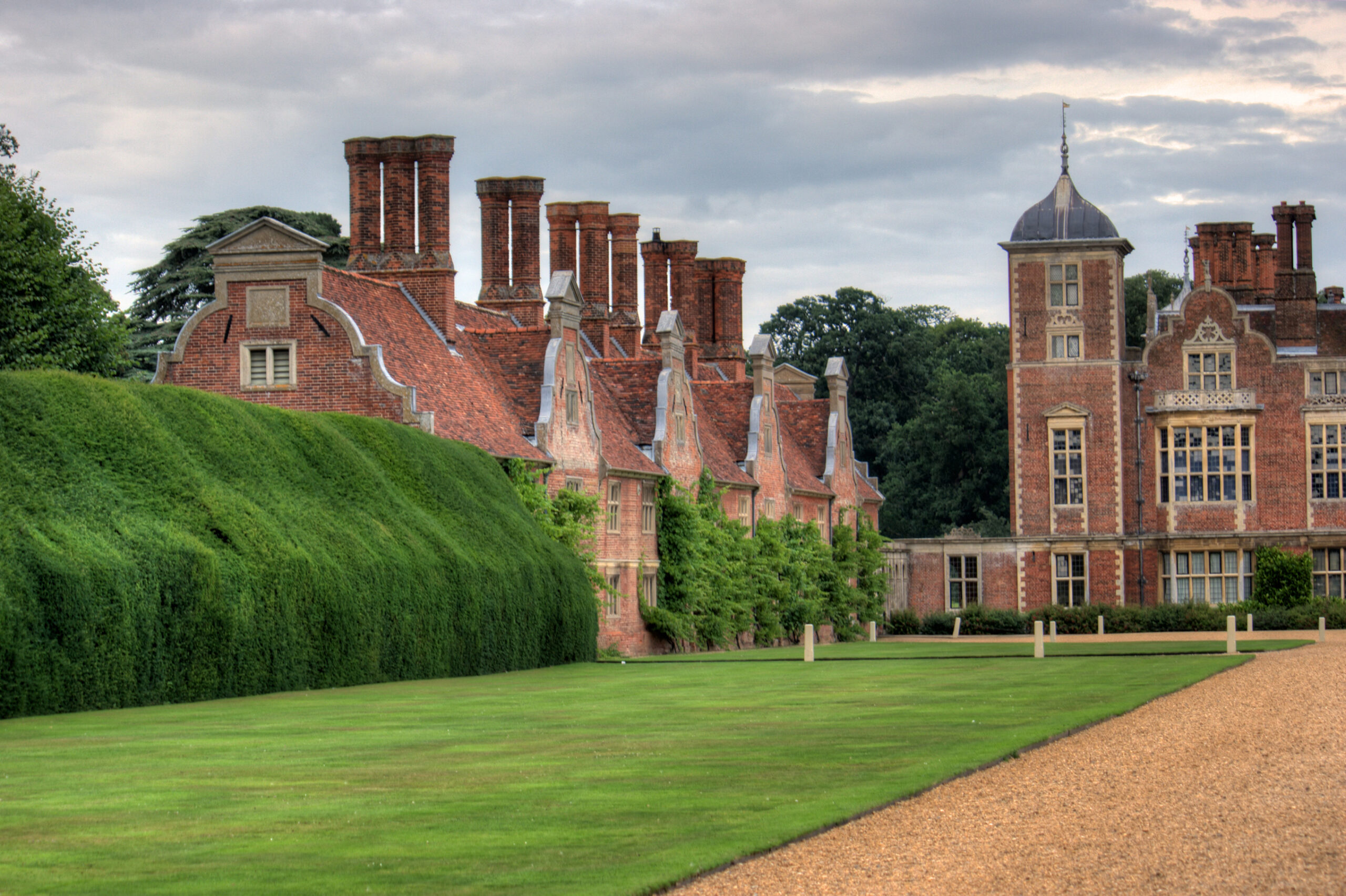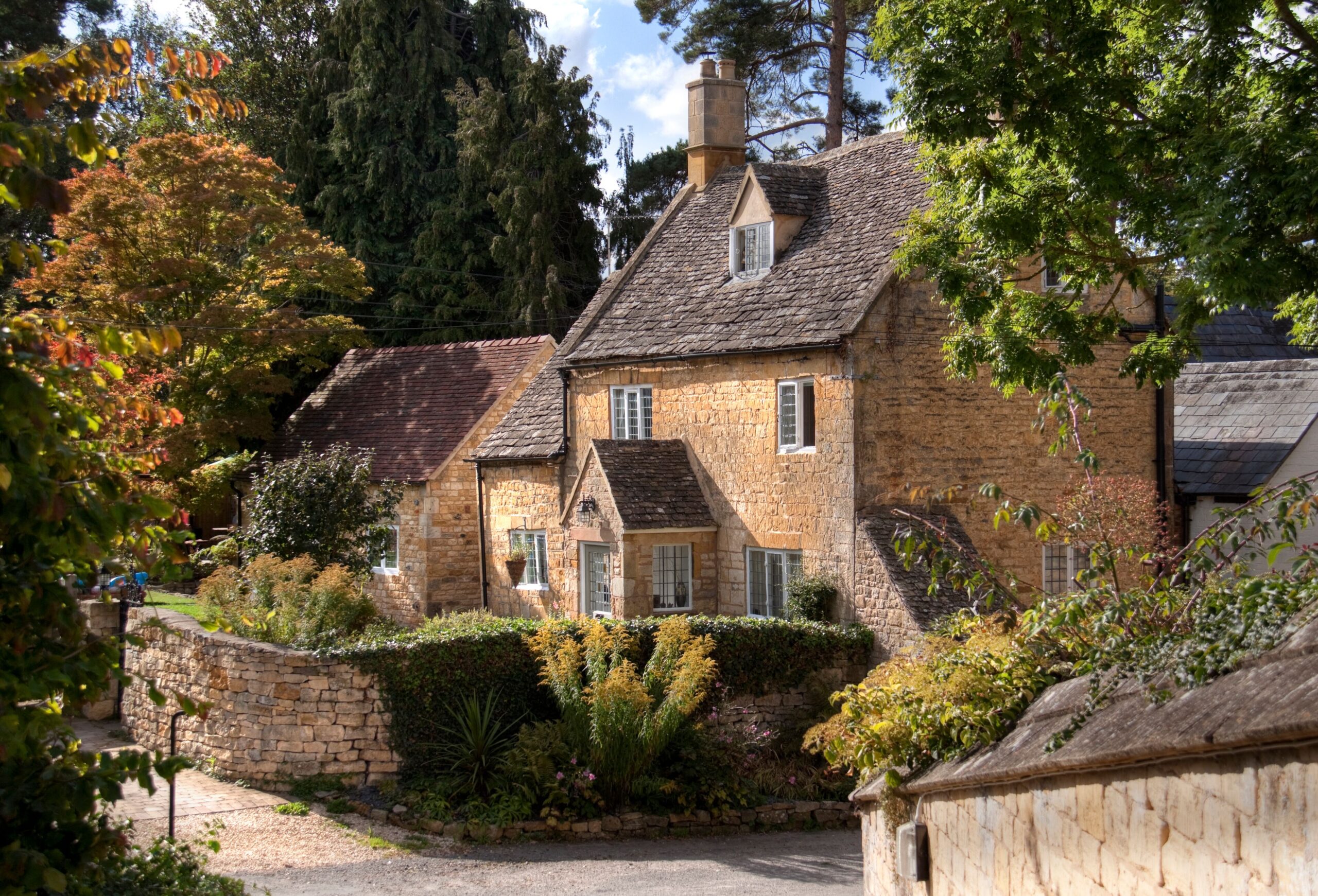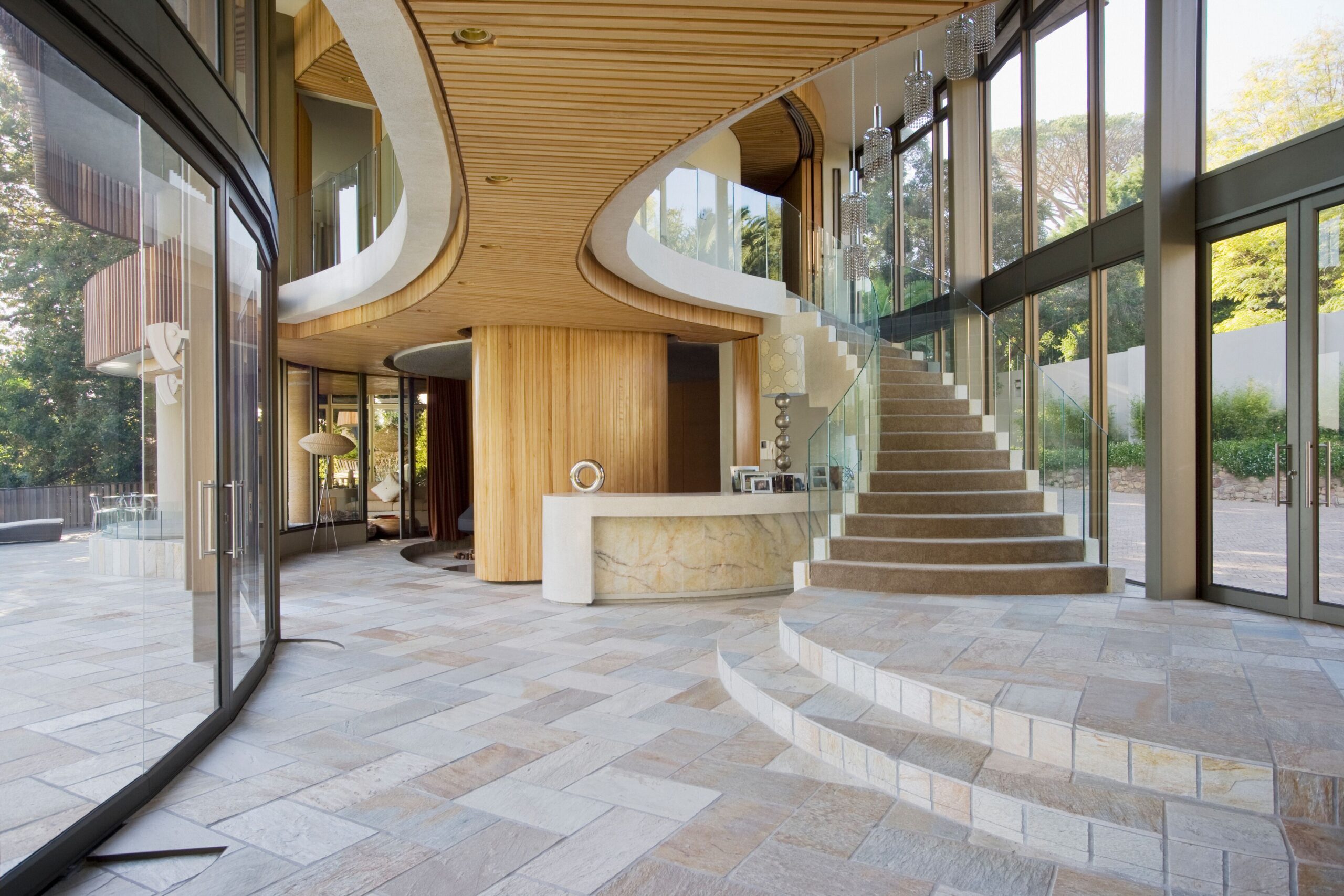Harry Gladwin of The Buying Solution speaks to Melissa York of The Times about the changes to Stamp Duty and how this could affect you.
Read more here

Harry Gladwin of The Buying Solution speaks to Melissa York of The Times about the changes to Stamp Duty and how this could affect you.
Read more here

Will Watson of The Buying Solution speaks to Liz Rowlinson of the FT on the appeal of Notting Hill, London.
Read more here

Will Watson of The Buying Solution speaks to Olivia Lidbury of The Telegraph on the appeal of dressing rooms and how to create one on a budget.
Read more here

Knightsbridge, the epitome of luxury and exclusivity in London, has long been synonymous with affluence and a vibrant social scene. However, in recent months, there has been conjecture about whether this prestigious neighbourhood has lost its charm.
Will Watson, our Head of London, recently featured in the Financial Times commenting that ‘Knightsbridge is not the bullseye of prime central London that it used to be’ and predicted that ‘prices could drop more this year’.
His article sparked a flurry of social media comments from our followers saying Knightsbridge ‘is no longer the English enclave that it once was’, ‘it has lost its identity’ and ‘it has become a boring part of town’.
So, what exactly is going on in SW1X? Will, who has worked in the prime central London market for over 20 years, shares his top insights.
The rise of new hotspots
As Knightsbridge remains a globally renowned London beacon for real estate, other areas in London have caught up and emerged as new hotspots for luxury living and investment.
While Hyde Park offers a green oasis in the heart of the city, green spaces within Knightsbridge itself are limited. This lack of greenery can be a downside for nature lovers or those seeking a more private garden.
Although demand for pied-à-terre apartments in Knightsbridge remains strong, younger families, including clients we’ve had from the Middle East – where Knightsbridge has always been their preferred location – are looking to buy houses with a wider footprint in the greener areas of Notting Hill, Kensington or Holland Park.

It depends on where in Knightsbridge
To say Knightsbridge is ‘boring’ or has ‘lost its appeal’ is an overstatement. Geographically, Knightsbridge is barely 1.5km wide, 600m deep and sandwiched between Hyde Park, South Kensington, Chelsea and Belgravia. However, even in this relatively small territory, there are a range of quarters, each with its own identity and community. For example, the West Side of Knightsbridge heading towards South Kensington has a very different feel compared with the North Belgravia border.
For many, the Cadogan Estate is one of the most sought-after areas in central London. Close to some of London’s most exclusive retail outlets, excellent schools and access to gardens, tennis courts, and children’s play areas. Others point to the Pavilion Road area as being much more villagey and gentrified, near private members’ clubs, exclusive gyms, and coffee shops.
Undoubtedly, the retail landscape in the area has evolved. Iconic department stores like Harrods and Harvey Nichols have maintained their status as shopping destinations, but the rise of online shopping has impacted foot traffic and sales. Covid also contributed to a perceived lack of buzz, where international buyers have been slow to return after the pandemic.
High cost of renovations
Walking around Knightsbridge, one gets to experience a glorious mix of Georgian, Victorian and Edwardian architecture. However, the houses are often tall and thin. Gardens tend to be patio style, and parking is difficult.
Many properties in Knightsbridge are dated and require refurbishing due to how long they have been in the same ownership. The cost of renovating is high, and with the time it takes to carry out one of these projects, we’re just not seeing an appetite from our clients wanting to take on such a lengthy refurbishment.
Buyers looking for a refurbished property have been looking more to Mayfair where a broader selection of super-prime developments featuring purpose-built modern designs with concierge and hotel-style amenities exist. The demand for these schemes for the turnkey option has been particularly high since Covid.
It is important to stress that Knightsbridge might not be as popular as it once was, for family houses in particular, but these trends tend to be cyclical and generational by nature. In the future, I would expect a new cohort of buyers to focus back in on the area, ultimately down to its central location and world renowned address.
Now could be an excellent time to buy
For a location on the map that is so central, close to many excellent amenities, and Hyde Park, 2024 could be the year to secure a good deal in Knightsbridge.
In January, we acquired a property in Knightsbridge for our client paying 18% less than the vendor acquired the property for in 2013. Given the uncertainty that 2024 holds, we are confident of more opportunities to buy in Knightsbridge at prices well below the peak of 2013.
There is evidence that conditions in the wider property market are becoming positive, and inflation is falling faster than expected. So, while Knightsbridge may have faced its share of challenges and changes, it remains a symbol of luxury and cachet in London. Its ability to adapt to evolving trends while preserving its heritage will determine whether it can reclaim its status as one of the world’s most exclusive neighbourhoods.
If you need help with your prime central London search, don’t hesitate to contact The Buying Solution, and we’d be delighted to discuss your requirements.

Harry Gladwin of The Buying Solution speaks to Liz Rowlinson of The Mail on Sunday on when is the right time to sell your property.
Read more here

Will Watson of The Buying Solution speaks to Liz Rowlinson of The Financial Times on the Knightsbridge property market.
Read more here

Will Watson of The Buying Solution speaks to Alexandra Goss of The Sunday Telegraph on the rise of “gazundering”.
Read more here

Jemma Scott of The Buying Solution speaks to Ruth Bloomfield of The Telegraph about the pros and cons when refurbishing or extending your home.
Read more here

James Burridge of The Buying Solution speaks to David Byers of The Times on why London is luring property buyers back to the capital.
Read more here

Harry Gladwin of The Buying Solution speaks to Melissa York of The Times on the consideration of new build properties v’s older properties.
Read more here